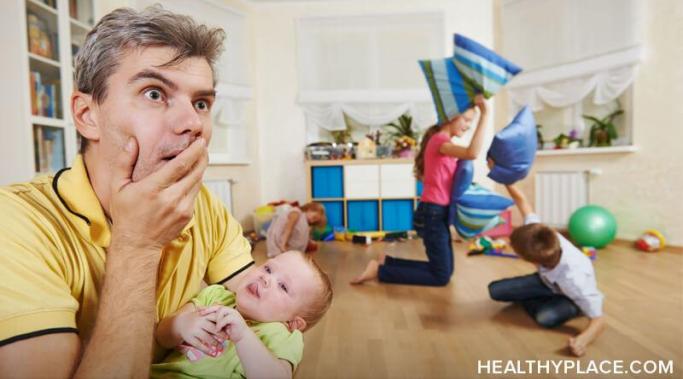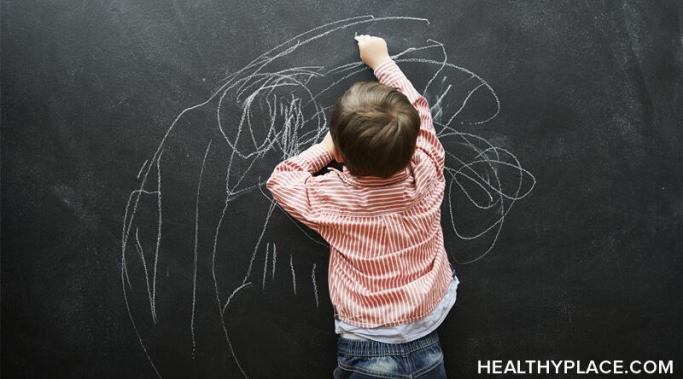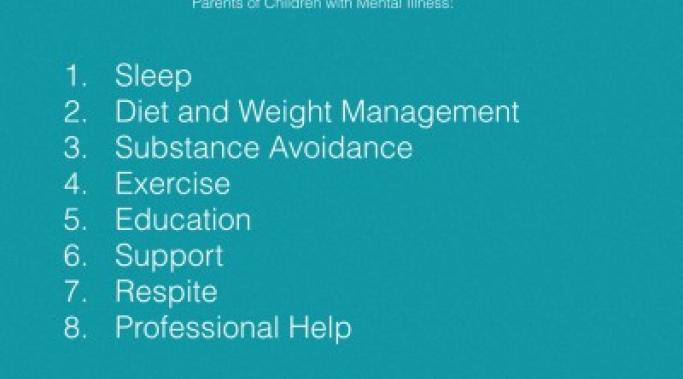In case you haven't noticed, COVID-19 has transformed how everyone gets everything done, including how we parent in this pandemic. It's especially changed how I raise a child with attention-deficit/hyperactivity disorder (ADHD).
Child Care
How do we know when to worry about temper tantrums in our children? According to recent research, about 83% of preschoolers have regular temper tantrums.1 If you're reading this, I'm guessing you are the parent of at least one of the 83 percent. I was one such parent, too, and my son's tantrums turned out to be the sign of childhood mental illness. How do you know when to worry about temper tantrums because it might be the same for you?
Managing disruptive mood dysregulation disorder (DMDD) in the classroom isn't as simple as knowing how to prevent DMDD behaviors. Yet parents of children with DMDD are often expected to have immediate solutions for teachers and caregivers in our children's lives. Symptoms of DMDD are tough for even parents to handle, and immediate solutions don't exist, but there are doable small steps that can help manage DMDD in the classroom.
As a parent of a child with mental illness, there are many things I wish I could do. My child's attention-deficit/hyperactivity disorder (ADHD) behaviors, or my own anxiety, often get in the way. Parenting a child with mental illness is intense. I often feel like a snowball of anxiety rolling down a snowy mountain of anxiety towards an icy river of even more anxiety, and if I type "anxiety" one more time, you'll start to feel as anxious as I do. Because I am a parent of a child with mental illness, there are some things I just don't do.
Self-care is critical for parents raising children living with mental illness. As parents, we tend to put our child's needs ahead of our own. This doesn't work. I've put together a list of eight self-care tips for parents of children with mental illness.
I'd like to thank all of you for the kind words and shared stories regarding last week's posts regarding my son, Bob's first inpatient psychiatric facility admission. I have more to share on that matter, but I'm returning to the present today for the ongoing saga of the 504 Plan.
Early last week, while picking up Bob from school, I was stopped by one of the after-school program teachers.
"Summer enrollment is this week," she warned me. "Make sure you fill out the form before Friday afternoon."
Thus began a several-day period of stressing, obsessing and plea-bargaining.
You know the feeling. You're tired--no, make that exhausted, your head hurts, your stomach hurts, and you just can't seem to be able to get with the program. And you haven't had a drop to drink. Then you look at the calendar and realize it's the first week of January.
Welcome to the "Holiday Hangover."
There are some issues surrounding children with mental illness, their parents, blame and anger, I want to explore. While I'm collecting my thoughts, however, I ask you to consider this, originally posted on my personal blog in July, 2007.
Kindergarten starts August 20, 2007. Bob is registered. He's had his tour of the school. He can't wait. Me? I'm freaking out.
It's no secret that raising children requires patience, particularly children with mental illness. Patience can be the difference between moving forward from conflict and escalating into a full meltdown. I have, however, discovered a quality even more important to raising a child with a psychiatric condition--compassion.









